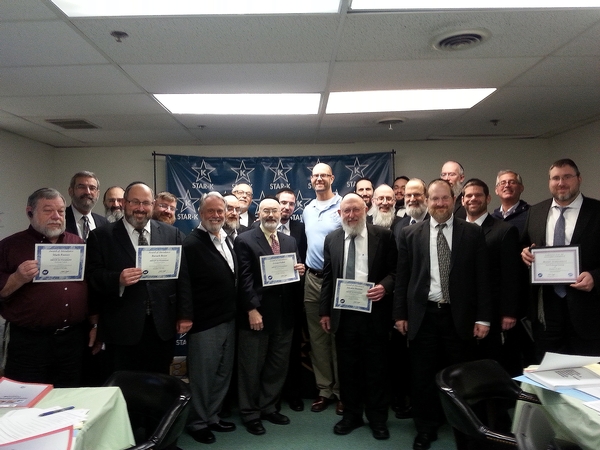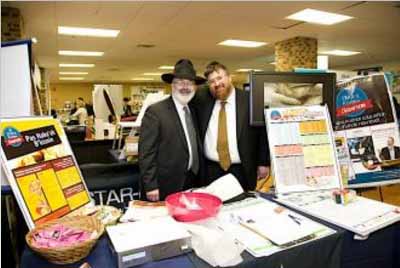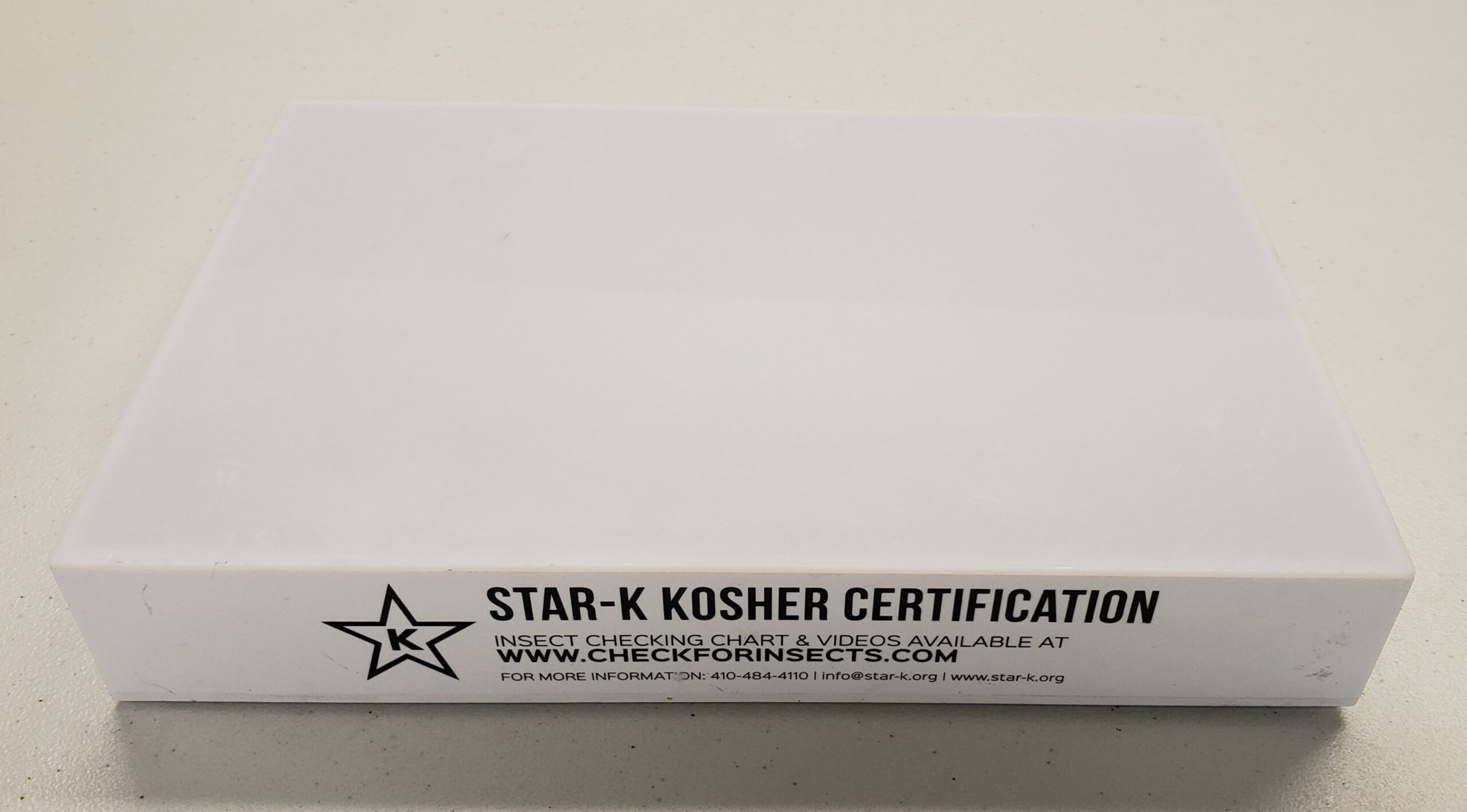http://www.qai-inc.com/newsroom/enews/qnews_2015_q4_haccp-training.asp
STAR-K Kosher Certification has become the first major organization of its kind to train its entire Kosher administrative staff in Hazard Analysis & Critical Control Points (HACCP)––a systematic, scientifically-based approach to food safety, provides a method for identifying significant physical, chemical, and microbiological hazards in the production of food and implementing control measures to prevent, eliminate, or reduce significant hazards to an acceptable level.
The two-day in-house training at STAR-K’s Baltimore headquarters was lead by NSF International in November 2014. The Kosher organization’s staff traveled from all over the U.S. After formal training, all staff members passed the qualifying exam.
“STAR-K Kosher Administrators, who are already visiting plants to set up impeccable Kosher standards, have a distinct advantage when they are proficient in areas of food safety, as well,” explains STAR-K Kosher Certification president Dr. Avrom Pollak. “It is with that in mind that we arranged to have NSF International […]














 STAR-D
STAR-D STAR-S
STAR-S